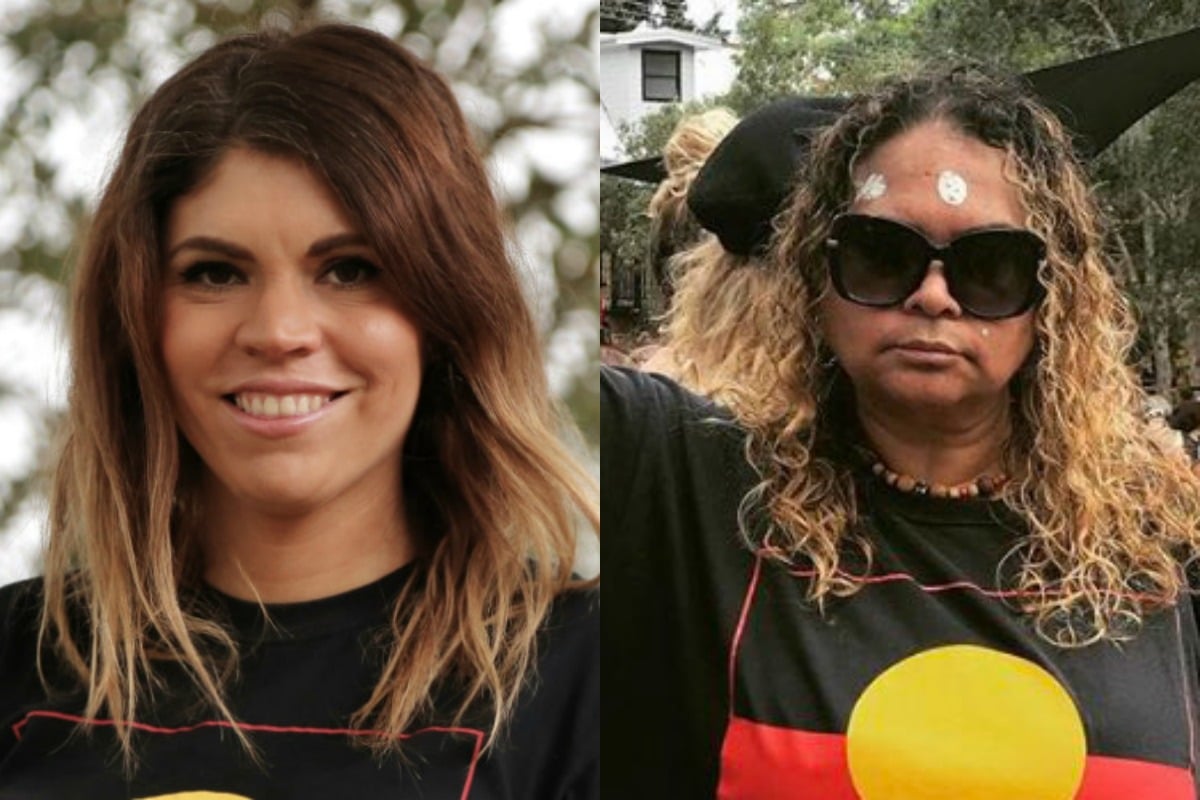
Elizabeth Wymarra was feeling great as she helped with the marshalling in Sydney’s Invasion Day protest on January 26.
“I was absolutely 100 per cent happy that so many people were coming together in solidarity,” the Indigenous author and activist tells Mamamia.
She thought it was “amazing” to see to see so many non-Indigenous people at the protest.
“I feel we’re not alone anymore. There are so many non-Indigenous people that are supportive and coming from a really good place. I absolutely love it.
“That’s why it’s so hurtful when panels like Studio 10 do what they did.”
On Studio 10 yesterday, Kerri-Anne Kennerley made comments about the Invasion Day protesters that made headlines.
“Has any single one of those people been out to the Outback, where children, babies, five year olds are being raped?” Kennerley asked. “Their mothers are being raped, their sisters are being raped. They get no education. What have you done?”
Her comments led to fellow panellist Yumi Stynes telling her she was “sounding quite racist”, a label that Kennerley strongly rejected.
“You’re sounding quite racist right now.” @yumichild says to Kerri-Anne as they clash over Australia Day & #ChangeTheDate. #Studio10 pic.twitter.com/qI2qBsiT9t
— Studio 10 (@Studio10au) January 27, 2019

Top Comments
The problem is, rather than discussing issues, we are more caught up in a cat fight between a couple of Tv personalities. Says everything about our country and why nothing ever gets fixed.
Exactly. Black voices should be centred in this.
The conversation around Australia Day could have been so much more productive if the Studio 10 panel had included indigenous voices. They should have been in the studio on the day this was discussed. Maybe from different communities (urban and remote) because it sounds like their communities are facing very different challenges.